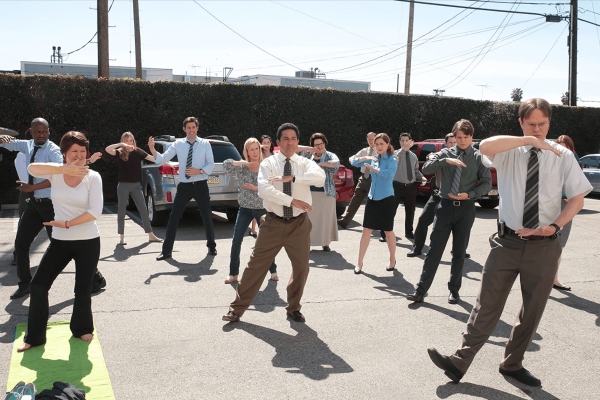Apr 25, 2023
Like many during the COVID-19 pandemic, I returned to The Office because I craved something familiar. Rewatching the show led me to this realization: The Office is the first TV series to portray the good, the bad, and the awkwardness of religion in a way that I relate to as a Christian.
Read the Full Article

Already a subscriber? Login
